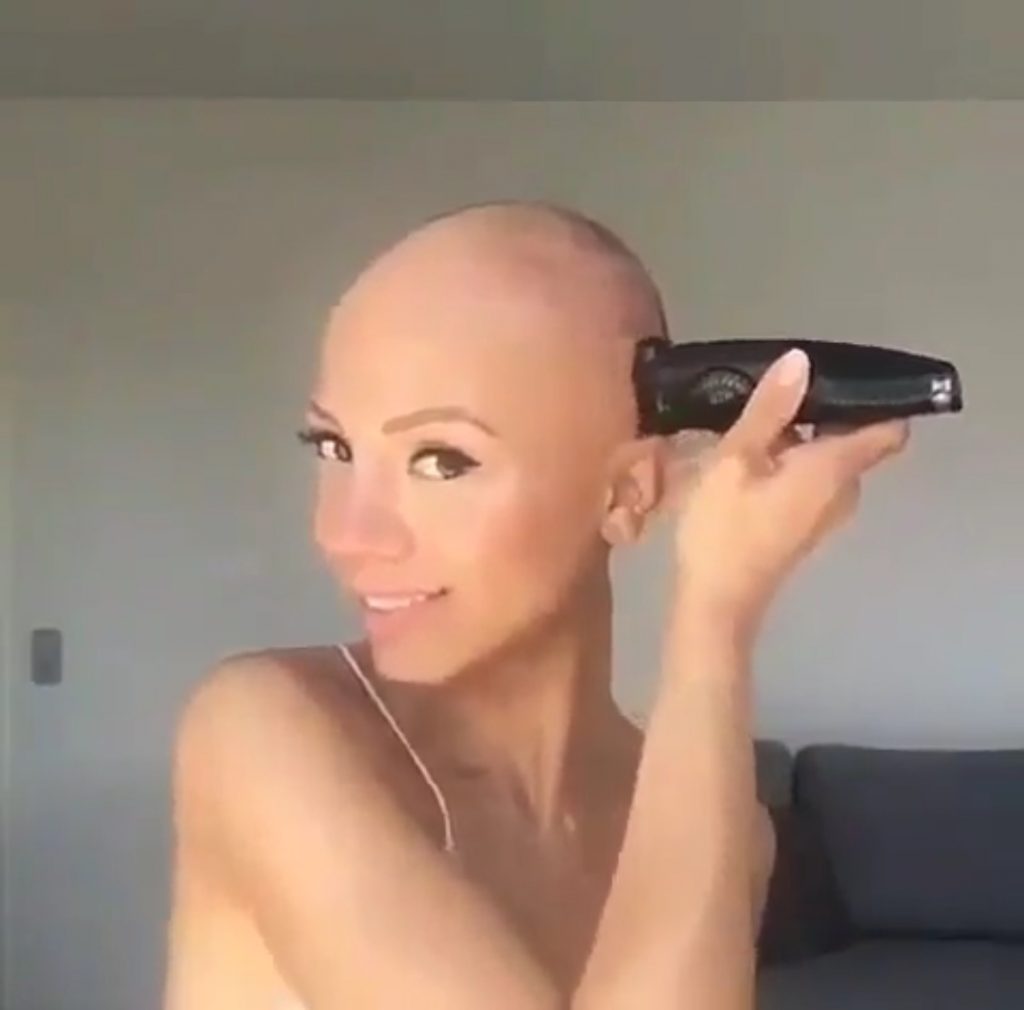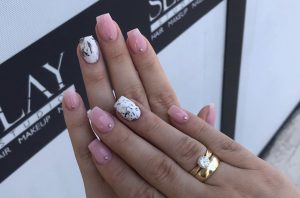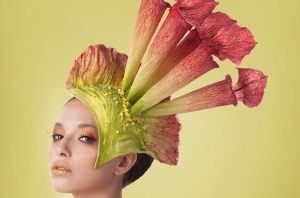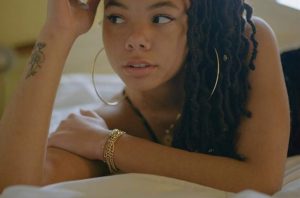
Yes, I lost my hair to chemotherapy. No, I don’t want to talk about it.
I admire Joan Lunden’s courage for appearing bald on a recent cover of Peoplemagazine. Her message is one of hope and strength as she battles an aggressive form of breast cancer. Now I would like to see us take this a step further. Let’s make it acceptable (perhaps even sexy, think Bruce Willis?) for women to be bald without the need for explanation.
When I was diagnosed a few months ago with the same breast cancer that Lunden is facing, I was told repeatedly that if I didn’t want to wear a wig, a bright scarf was a lovely alternative. No one suggested that it would be OK for me to appear bald in public. I am reasonably certain that oncologists do not have similar conversations with men.
Lunden’s message offers a disturbing glimpse into societal norms and what happens when we deviate from those norms. While a bald man goes virtually unnoticed, a bald woman becomes an aberrant focal point.
What’s wrong with her? Must be cancer. Why isn’t she wearing a wig? Or hat? There are some lovely scarves!
Joan Lunden told People “I knew I could be a voice for a quarter of a million women who are diagnosed every year with breast cancer, and I wanted to show that your health is more important than your hair. Your hair grows back after you stop chemo, and then you have your life.”
The unintentional message is that, as a woman, you only have your life back after your hair grows back. As if hair (for a woman) is so vital to living. I confess that I felt that way at first and immediately bought three wigs and five hats so I could appear “normal” in public and avoid the inevitable sympathetic stares.
But I couldn’t get comfortable dressing up my baldness. I wore one of my wigs and a visor (to help keep the wig on) to a Dodgers game. Instead of enjoying the game, I worried that the wig would come off. Worse yet, I felt resentful about the pressure to “cover up.” I don’t want to feel embarrassed about the current state of the top of my head. Other than this illness (hopefully temporary), I am the same person. I still feel hopeful, intelligent and funny, with the same warm eyes and friendly smile.
But it’s tricky being a woman and appearing bald in public. How do I cope with the sad-faced sympathizers who can’t help but tell me their cancer stories and imagine sharing my suffering?
I was in an elevator heading for my second chemotherapy session when a very attractive woman with long, brown hair (presumably her own) got on the elevator, looked at me, and asked, “Going to infusion?”
“Yes,” I replied, hoping my one-word answer would stave off more questions.
Instead, she asked: “Which cancer?”
“Early-stage breast cancer,” I said.
“Oh, I had that in 2003, kicked it, went through the treatment and felt great,” she said as I noticed we had just one more floor to go. “But then in 2011, the cancer was back in my lung.”
I didn’t know what to say before she added, “but I’m still here.”
“That’s good,” I said weakly as the elevator doors opened and I was finally able to escape.
I could also tell the story about the woman who stopped me on a hiking trail to tell me about her cancer and give me “hope,” even after I told her I preferred not to answer her question about why my head was shaved. Or the salesperson who told me I should be doing breast cancer walks and bonding with all other women going through this experience, after I responded to her questions about my baldness by admitting that I was working through this experience privately with my friends and family.
There is an assumption that everybody wants to talk about their illness. People want to unburden themselves of the pain they’re experiencing and I get it, I really do. As author Isak Denisen noted: “All sorrows can be borne if you put them into a story or tell a story about them.”
My cancer treatment center offers all sorts of outlets for this sort of expression; all sorts of options for extroverts and joiners. But that’s not me. I’m more of an introvert, even a bit of a loner. I don’t want to share my most intimate health information with absolute strangers. Extroverts want the whole world running that marathon with them. I want to minimize the effect of this illness on my life and share the details only with my closest friends and family.
If I were the humorous sort, I’d choose from a list of off-putting responses to the questions about why I am bald.
“Chemotherapy?”
A. “No, I’m in training to swim the English Channel.”
B. “I’m the founder of a skinhead movement.”
C. “I had head lice. Oh, my god, you wouldn’t believe how badly it was infested! Do you want to feel it?”
Unfortunately, I’m not that sort. I can’t turn a cold shoulder to people who approach me out of sympathy. But I do wish for the freedom to cope in my own way, and I have to believe there are more introverts out there like me.
So, if you see a bald woman, don’t think, “cancer patient. I should sympathize with her and tell her about my bout with cancer or my friend who had cancer.”
Think Bruce Willis. There’s a woman who is wearing that baldness and if I say anything to her about it she might kick my a**.
By Huff post
Still want a wig? Click here for the world’s most luxurious discreet wig





